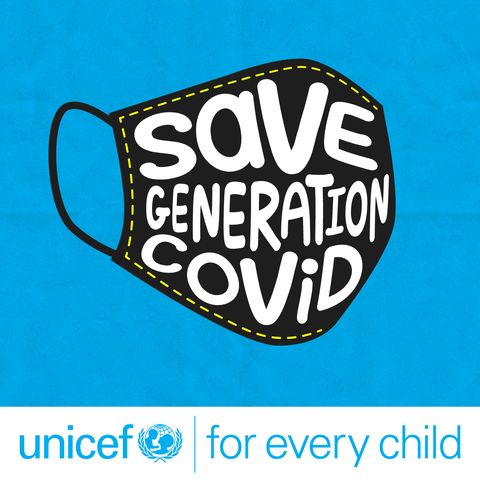What will you make of “The Covid Generation”?
 As much as Boomers, Millennials, Gen X, and Gen Z have to disagree on, one thing in common is that we have all taken knocks from the pandemic. (I know, I’m rolling my eyes at myself that we have to still be going on about this.)
As much as Boomers, Millennials, Gen X, and Gen Z have to disagree on, one thing in common is that we have all taken knocks from the pandemic. (I know, I’m rolling my eyes at myself that we have to still be going on about this.)
There’s a new term floating around – “The Covid Generation”. Now, one could say we’re all a part of this Covid generation in a way but it’s really referring specifically to the youth who are going through critical stages of development with this global pandemic happening in the background (and very much foreground) and how this is impacting developmental trajectories. Ray Merenstein (executive director of the National Alliance on Mental Illness Colorado) said “It’s as though we were trying to build a bridge across a canyon but didn’t have all the materials to finish the project. Then, the pandemic hit, making the canyon wider and the materials even more in demand.”
How do we not just be a gaping hole in history?
Teenagers have been getting a bad rap for what they’ve been getting up to lately. We were all so excited for normal activities and in particular sport to make a comeback that we didn’t really take into account (and subsequently didn’t prepare for) how that actually had the potential to throw us off as well. Don’t get me wrong, it is wonderful to be able to gather again and let off steam on the sports field but we need to also be mindful that as much as it was a process adapting to not having those spaces, it is also a process adapting to reintroducing those spaces into our daily routines. Teens faced isolation, loss of structure, and loss of connections forged in their school environments that provided outlets. They sought to fill those voids in other, sometimes harmful, ways that they have in turn become reliant on and returning to healthy outlets doesn’t seem so appealing or to some even possible. Youth mental health was already very much on the radar pre-pandemic and has only been exacerbated in the last 24 months. Youth with poor mental health struggle with school structure, academic performance, decision making, and behaviour. One of the biggest misunderstandings of adolescence is that it is a time of trouble, that teenagers just want to ‘fight the man’ and take risks. In actual fact, most adolescents are socially considerate and contributing young people.
Troubled teens just get most of our attention. The adolescent brain is ripe for social learning opportunities so instead of focusing on reinforcing those negative perceptions and immediately rapping our teens on the knuckles, let’s try a few things:
- Checking in with them and asking how they’re doing emotionally
- Listening to what they are telling us
- Reassuring them that they are supported
- Creating inclusive and safe spaces
- Noticing significant changes in behaviour
- Engaging in non-judgemental conversation
Teenagers, this doesn’t mean you just get a free ride here. Take the opportunity to help others and do the above for your peers as well. Ask for help. Engage with the adults around you and your peers who are trying to help you. Yes, the pandemic and its effects are entirely out of your control, but you can take responsibility for controlling your response.
If we all start doing this for each other, the Covid generation doesn’t have to be that of a gaping hole, where the term eventually becomes like Voldemort, that we shiver at the sound of and cannot speak of. It can be one that we are proud of and when we hear those words think of strength, resilience, and perseverance.
It’s time to move from facing catastrophe to looking for opportunity. So, what will you do for the Covid generation?

